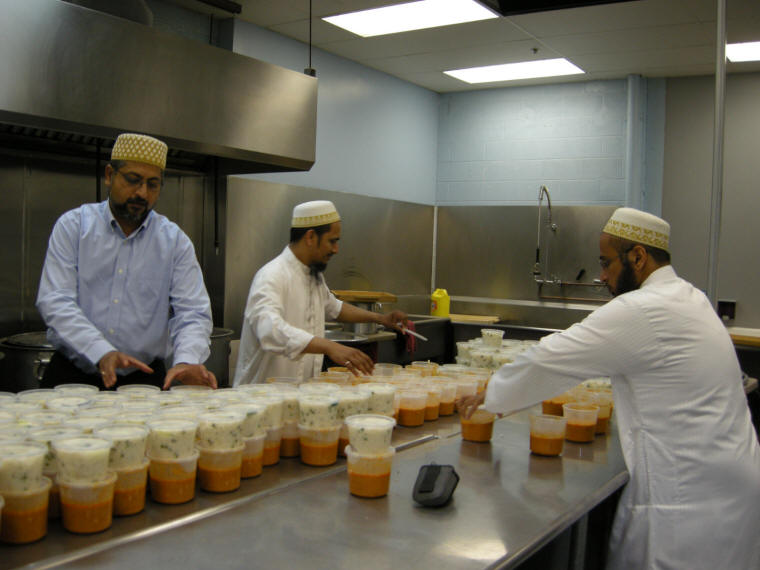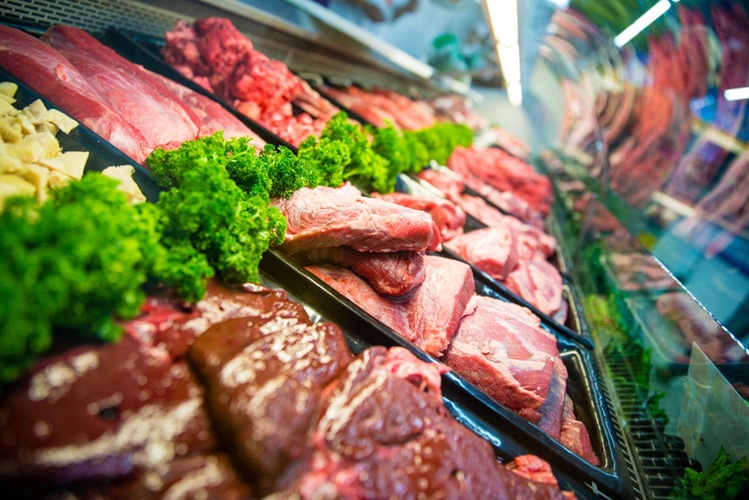New Delhi:(IANS) India is working with the WTO members for a permanent solution to the problem of public stockholding for food security purposes, or the “subsidy cap issue”, parliament was informed on Wednesday.
The World Trade Organisation General Council’s November 2014 decision in the matter “also includes a commitment to find a permanent solution by December 31, 2015, on a best endeavour basis and a firm commitment to engage in negotiations for this purpose through an intensified programme of work”, Commerce Minister Nirmala Sitharaman told the Rajya Sabha in a written reply.
“The General Council adopted a decision in November 2014, making it clear that WTO members will not challenge the public stockholding programmes of developing country members for food security purposes, and the peace clause will remain in place in perpetuity until a permanent solution has been agreed and adopted,” she added.
The WTO agreement on public stock holding, paved the way for signing the trade facilitation agreement (TFA) for easing global custom rules.
The TFA, approved by 160 WTO members last year, aims to streamline and harmonise customs procedures to bring an estimated saving of over $1 trillion annually.
An agreement between India and the US earlier opened the way for a consensus on the TFA which had eluded the WTO members.
India has asked for a permanent solution to the issue of public stockholding for food security purposes and not restricted for a period of four years as decided earlier during the WTO ministerial meeting in Bali, Indonesia, last year.
India has been under pressure from several countries, particularly the US, to drop its objections to the TFA.
India’s objections are on the WTO limits on agriculture subsidies at 10 percent of the total value of foodgrains production, and on stockpiling them. Complying with the Food Security Act passed in 2013 that guarantees subsidised foodgrains to around 70 percent of the population could result in breaching these limits leading to penalties for India.
Members also agreed on what is called the “peace clause”, that till 2017 no country can move to the dispute settlement body of the WTO against another member if its government was found to be breaching the level of subsidy freeze that was permitted.






0 Comments